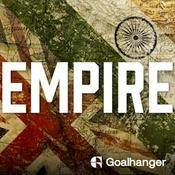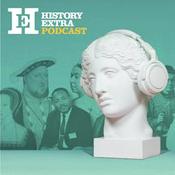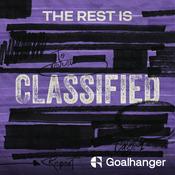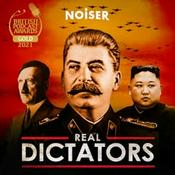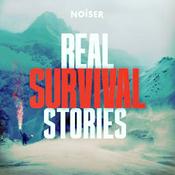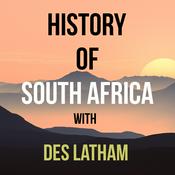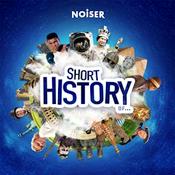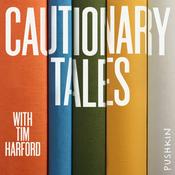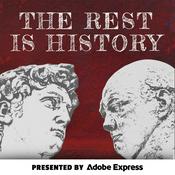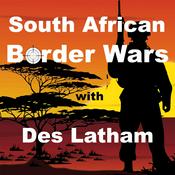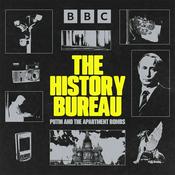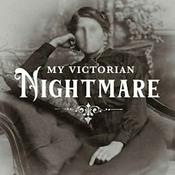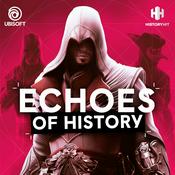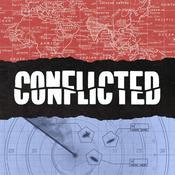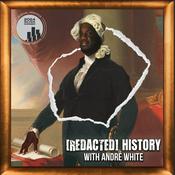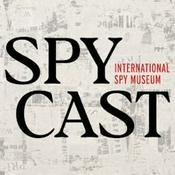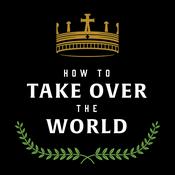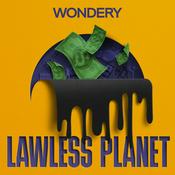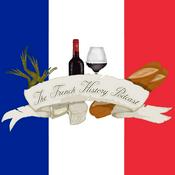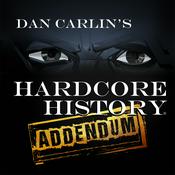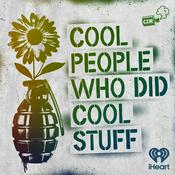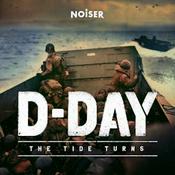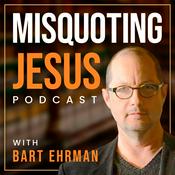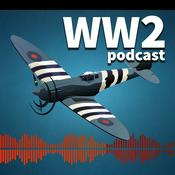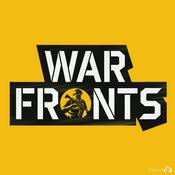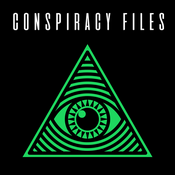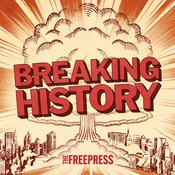65 episodes

65 - The Choral
2026/1/01 | 44 mins.
Can a film about the First World War work without trenches or battles? In this episode of Oh What a Lovely Podcast, Angus, Jessica and Chris discuss the 2025 film The Choral, which uses song, performance and collective experience to explore the impact of the First World War on a northern English community. We talk about what the film gets right, where it challenges expectations, and how it fits into wider portrayals of the war on screen.

64 - Christmas Truce
2025/12/01 | 36 mins.
Can a story about soldiers shaking hands in the snow carry a warning for the nuclear age? This episode of Oh What a Lovely Podcast brings Jessica, Chris and Angus together with Anne Marie Einhaus for a conversation about Robert Graves short story Christmas Truce. The story appears in the Penguin Book of First World War Stories and follows an elderly veteran who recalls the rare moments in 1914 and 1915 when soldiers on both sides met peacefully in the frozen landscape between the trenches. Through these memories the veteran describes friendship that cuts through wartime propaganda, as well as the swift return of violence. Set against a discussion with his grandson in the early 1960s, the story contrasts youthful optimism in the anti nuclear movement with the weary caution of lived experience. It is a thoughtful look at the limits of goodwill and the forces that shape conflict. References: Graves, R. (2007) 'Christmas Truce', in Einhaus, A-M. (ed.) The Penguin Book of First World War Stories. London: Penguin Classics Keynes, G. (1962) A Bibliography of Siegfried Sassoon. London: R. Hart-Davis. Levy, D. (dir.) (1995) Silent Night (Stille Nacht)

63 - Blackadder
2025/11/01 | 50 mins.
Was Blackadder Goes Forth the most powerful portrayal of the First World War ever put on television? In this episode of Oh! What a Lovely Podcast, Jessica, Chris and Angus take a look at the enduring legacy of Blackadder Goes Forth. First broadcast on BBC One in 1989, the series blended sharp wit and biting satire with a surprisingly moving look at life – and death – on the Western Front. The team discuss how the show evolved, the historical realities behind its humour, and why that unforgettable final scene still resonates decades later. They also explore how Blackadder helped shape popular perceptions of the Great War, influencing how generations have come to understand the conflict and its soldiers. So, was Blackadder Goes Forth just a comedy – or something far more profound? References: Badsey, S. (2014) The Two Western Fronts: The First World War and the Second World War in British History and Memory. London: Continuum. Barker, P. (1991) Regeneration. London: Viking. BBC (1964) The Great War [Television series]. London: BBC. Bet-El, I. (1999) Conscripts: Lost Legacies of the Great War. Stroud: Sutton Publishing. Iserwood, I. (2017) Remembering the Great War: The Nation, the Public and the First World War Commemoration. London: Bloomsbury. Newman, S. (dir.) (2025) The ChoralFaulks, S. (1993) Birdsong. London: Hutchinson.

62 - Fall of Eagles
2025/10/01 | 43 mins.
How did the First World War bring down Europe's great dynasties, and how did the BBC retell that story on screen? In this episode of Oh What a Lovely Podcast, we look at Fall of Eagles, the 1974 BBC drama that charts the decline of the Romanovs, Hohenzollerns, and Habsburgs. Across 13 episodes, the series follows the personal rivalries, dynastic struggles, and political failures that led to the collapse of three empires during the Great War. Created by John Elliot and produced by Stuart Burge, the show boasted an impressive cast and scripts from writers such as Jack Pulman (I, Claudius) and Troy Kennedy Martin (The Italian Job). Critics praised its scope and performances, even if it sometimes focused more on palace drama than wider historical forces. Join Angus, Jessica, and Chris as they discuss the strengths, weaknesses, and legacy of this ambitious attempt to dramatise the road to 1914 and the end of Empire. Links: The Fall of Empires, BBC (1973) I, Claudius, BBC (1976) Chitty Chitty Bang Bang (1968) The Sweeny (1975-78) The Italian Job (1969) Oh! What a lovely war (1969) Blackadder Goes Forth, BBC (1989) Britain's Great War, BBC (2014) Adrian Gregory, The Last Great War (2008) Alan Clark, Lions Led By Donkeys (1961) Paul Kennedy, The Rise and Fall of the Great Powers (1987) Television Heaven

61 - War-Time In Our Street
2025/9/01 | 46 mins.
In this episode of Oh! What a Lovely Podcast, Angus, Chris, Jessica, and returning guest Ann-Marie Einhaus discuss War-Time in Our Street by J. E. Buckrose. Set in a fictional Yorkshire village, these stories capture everyday resilience, humour, and quiet courage — from blackout chapel services and food shortages to romances and small acts of kindness amid wartime hardships. Buckrose, the pen name of Annie Edith Jameson, was a prolific writer who produced more than forty novels exploring domestic life and family tensions with gentle humour. War-Time in Our Street offers a fascinating glimpse of how ordinary people became part of the wider war effort. ReferencesJE Buckhouse, WarTime In Our Street (1917) – Down Our Street Dorothy Whipple, High Wages (1930) Dad's Army (1968-1977) Sandra Kemp, Charlotte Mitchell, and David Trotter, Oxford Companion to Edwardian Fiction (1997) Sapper, Sergeant Michael Cassidy RE (1915) Robert Harris, Act of Oblivion (2022) Kate Atkinson, Behind the Scenes at the Museum (1995) - Shrines of Gaiety (2022) Angela Brazil Eden Phillpotts, The Humand Boy and the War (1919) Jesse Pope Jean Webster, Daddy-Long-Legs (1912) Ann-Marie Einhaus & Barbara Korte, The Penguin Book of First World War Stories: From Arthur Machen to Julian Barnes (2007)
More History podcasts
Trending History podcasts
About Oh! What a lovely podcast
Listen to Oh! What a lovely podcast, Empire: World History and many other podcasts from around the world with the radio.net app
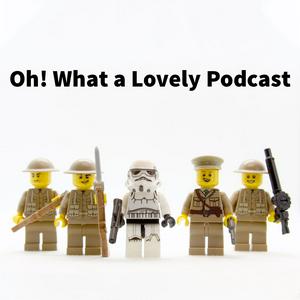
Get the free radio.net app
- Stations and podcasts to bookmark
- Stream via Wi-Fi or Bluetooth
- Supports Carplay & Android Auto
- Many other app features
Get the free radio.net app
- Stations and podcasts to bookmark
- Stream via Wi-Fi or Bluetooth
- Supports Carplay & Android Auto
- Many other app features


Oh! What a lovely podcast
download the app,
start listening.
